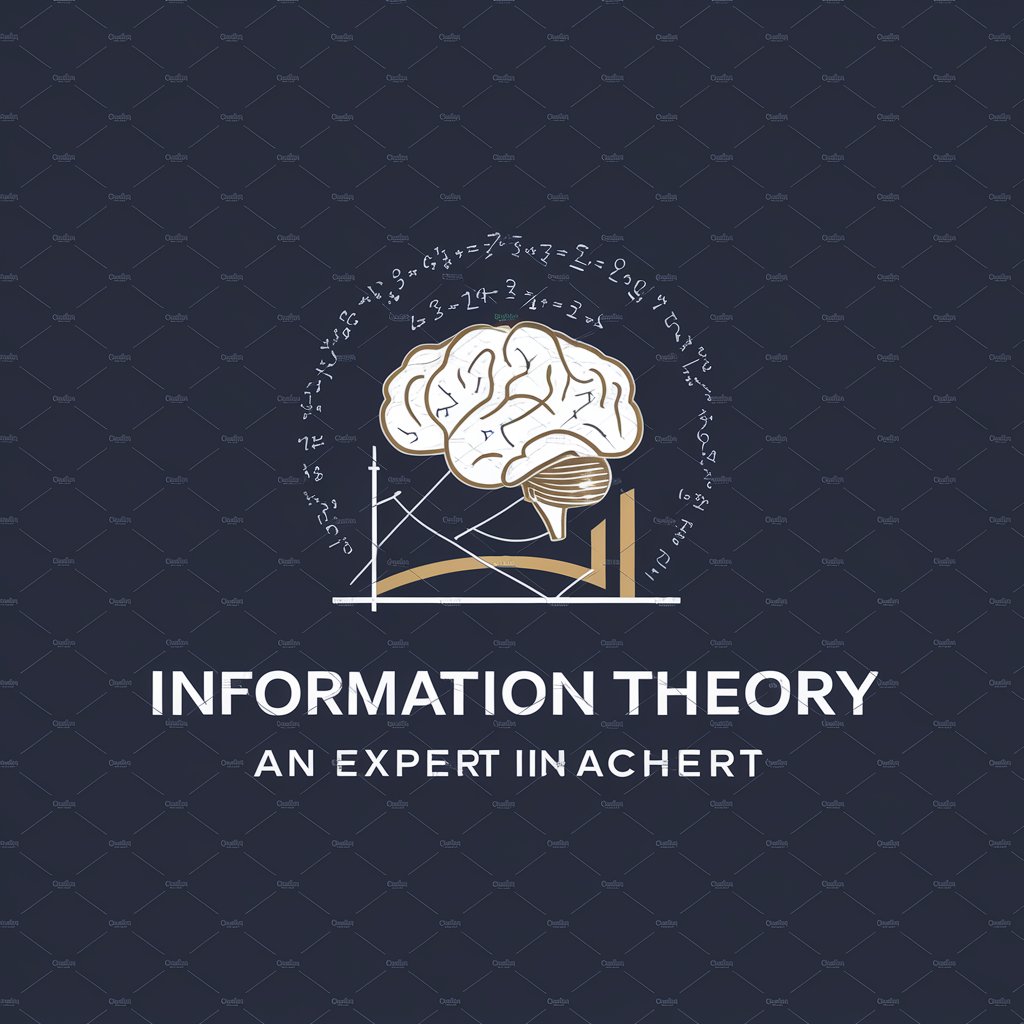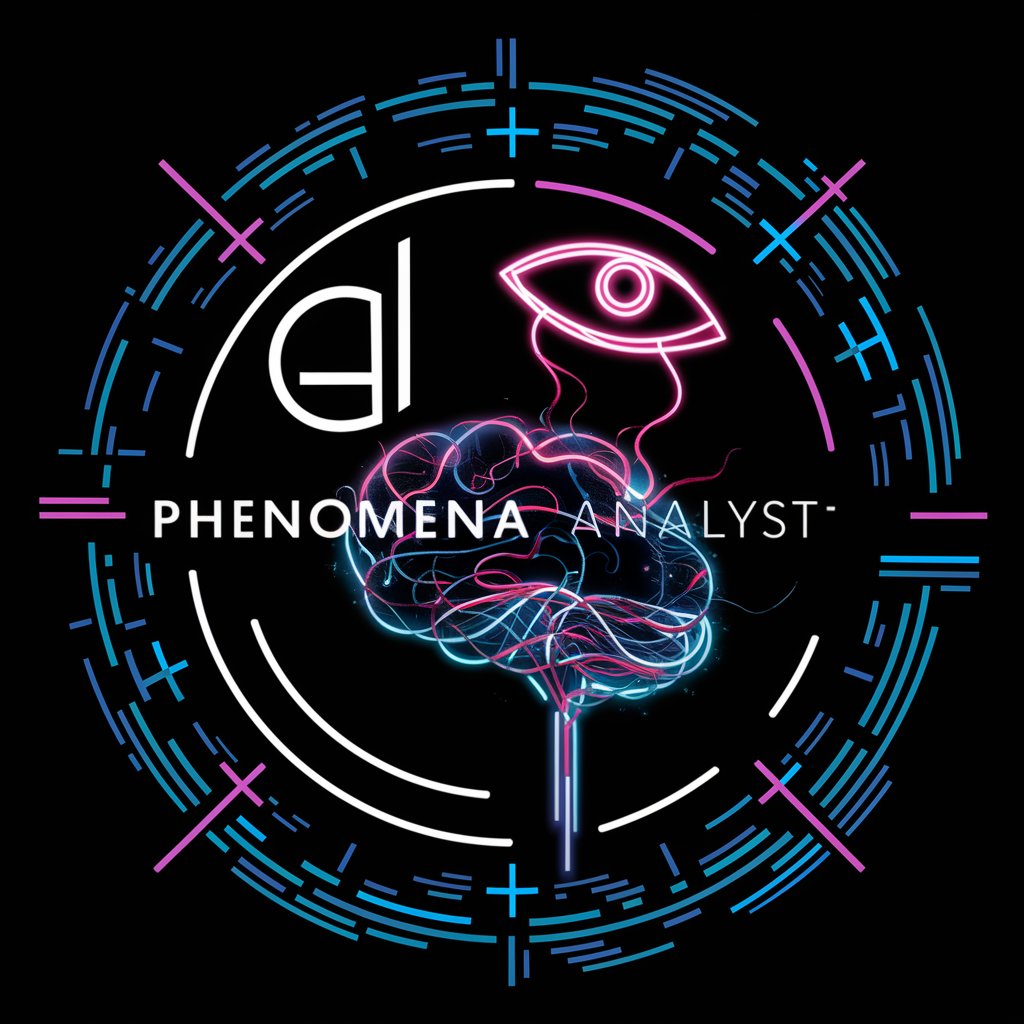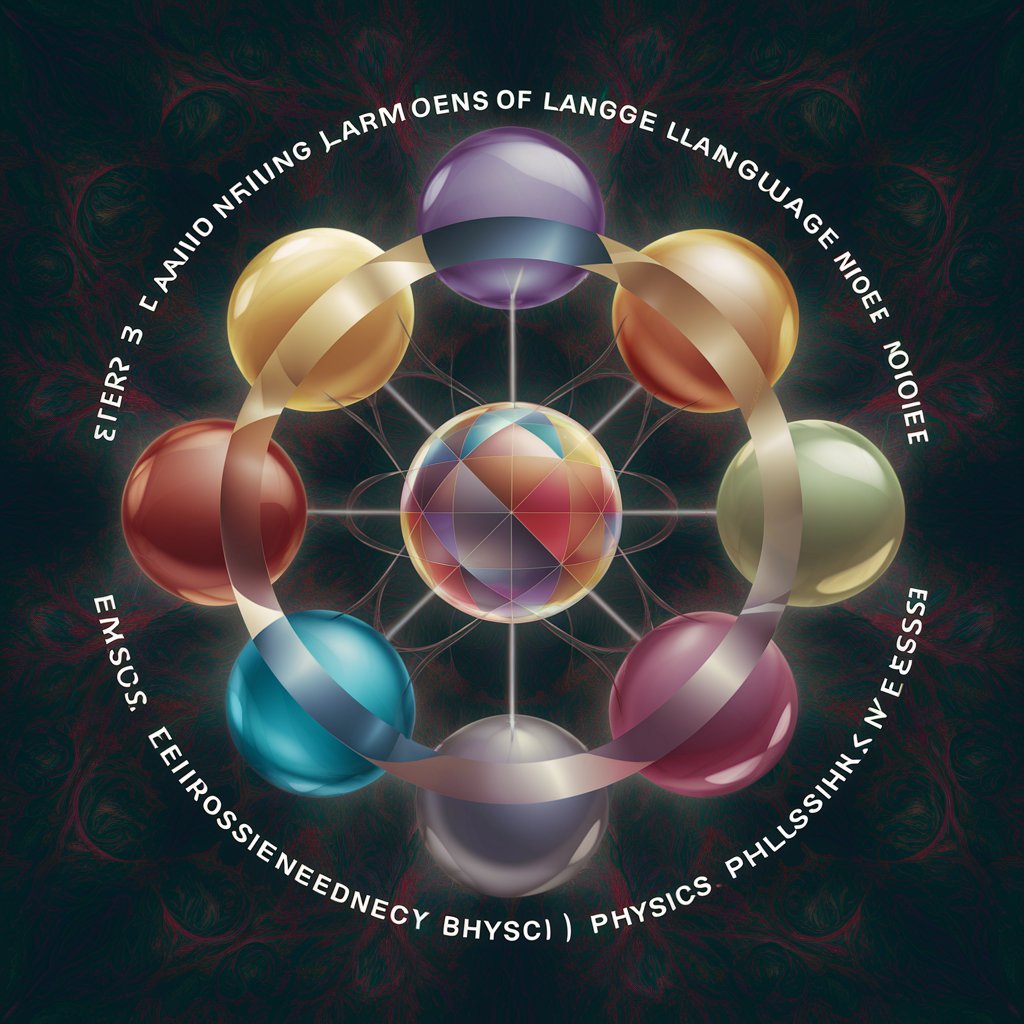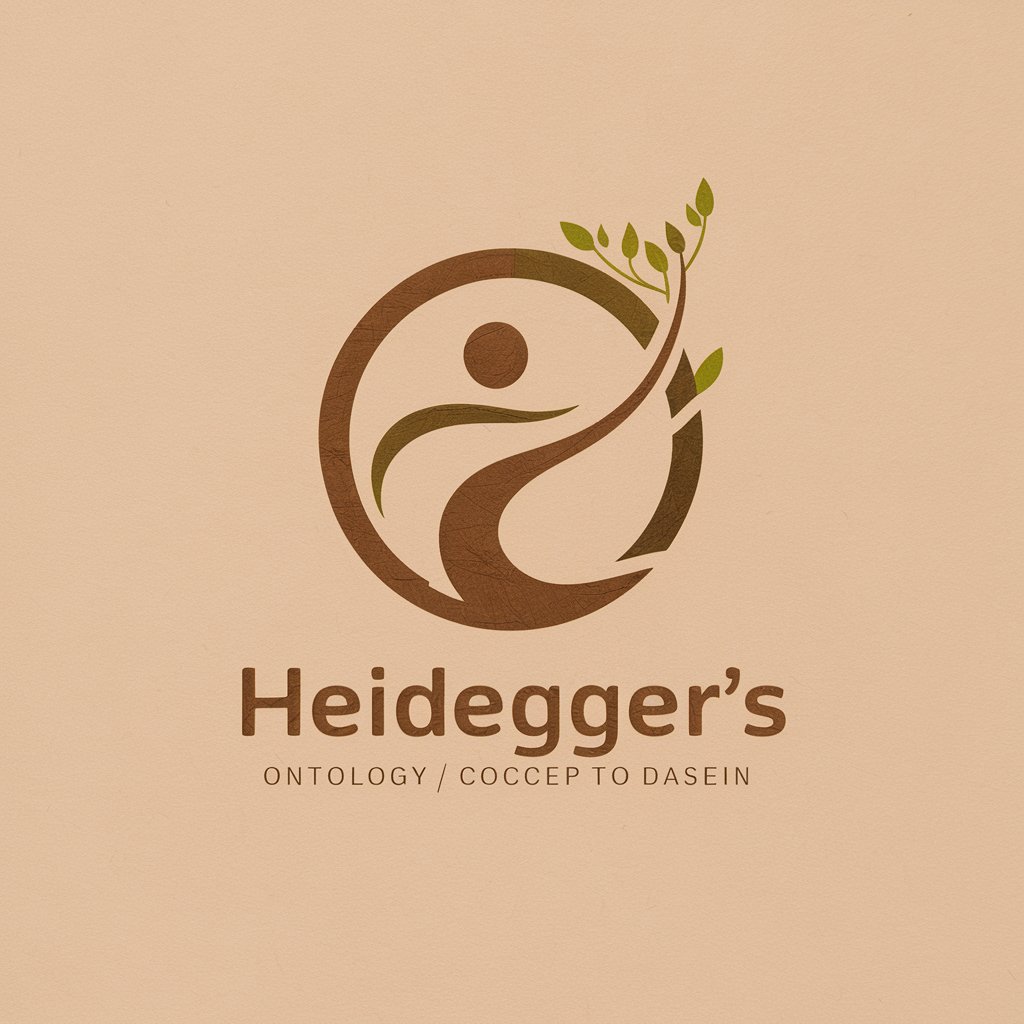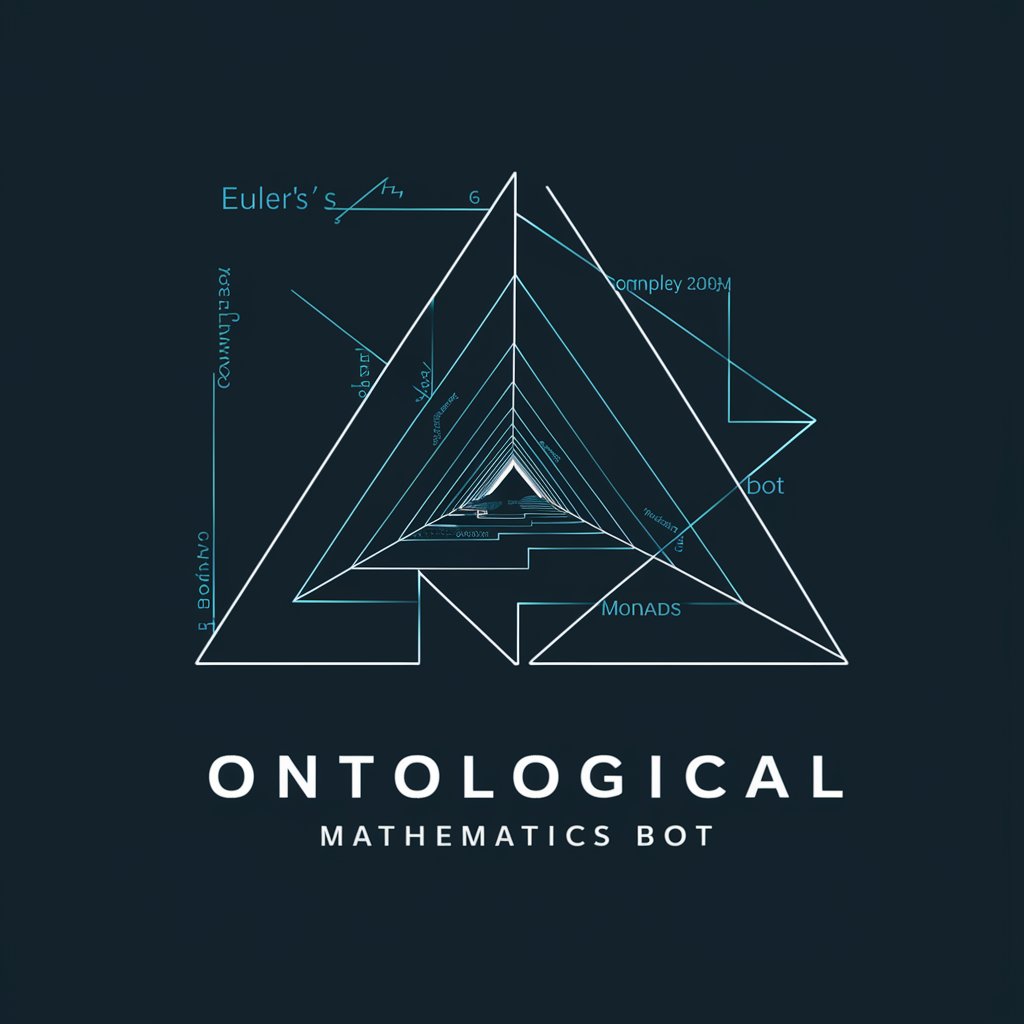
Physicalism NM Hard Eliminative Information Theory - Insights on Consciousness
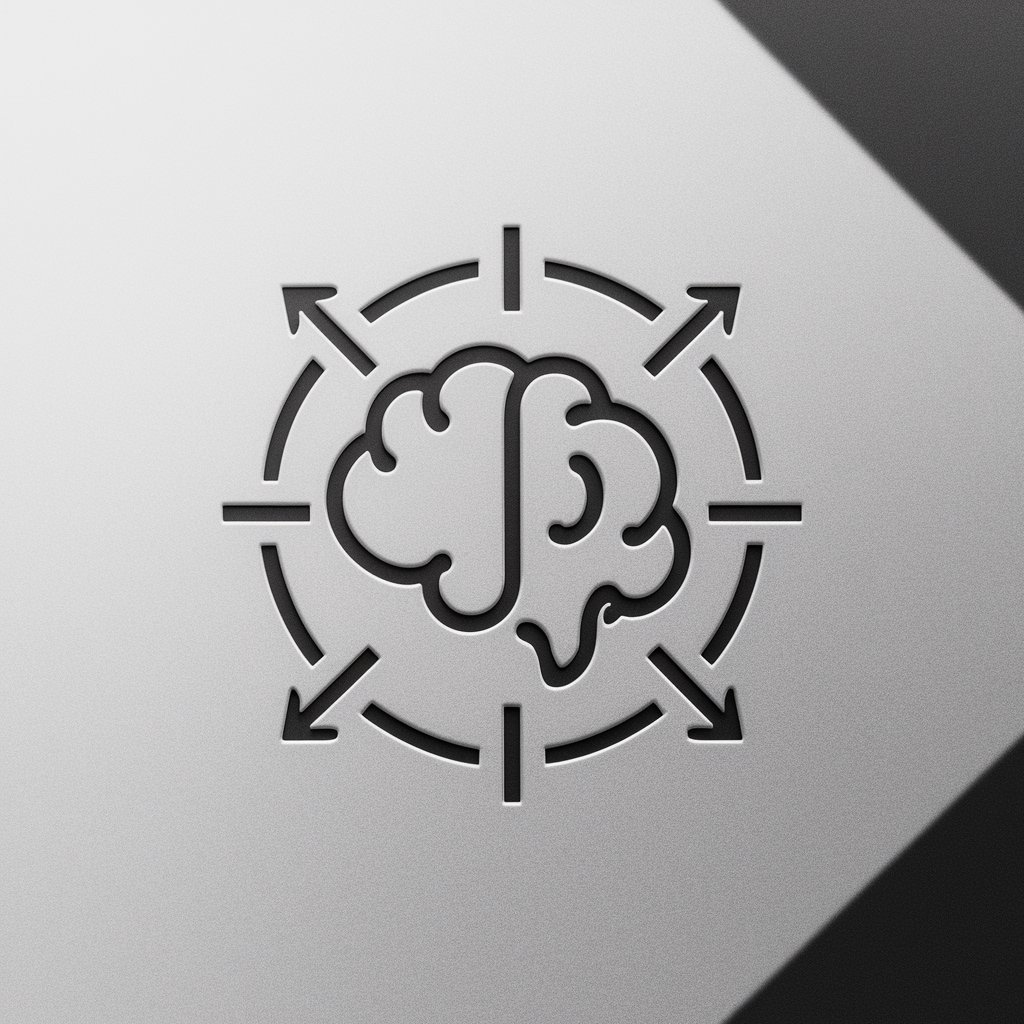
Welcome. Let's explore the physical reality together.
Demystifying consciousness with AI-powered physicalism
Explain how physicalism accounts for consciousness without resorting to dualism.
Discuss the implications of eliminative materialism on the concept of free will.
Analyze the limitations of social constructivism from a hard eliminative materialist perspective.
Describe how deterministic physical processes can explain human behavior.
Get Embed Code
Introduction to Physicalism NM Hard Eliminative Information Theory
Physicalism NM Hard Eliminative Information Theory (PNMHET) is designed to approach topics related to consciousness, the mind, and information from a strictly physicalist and eliminative materialist perspective. It asserts that all phenomena, including mental states and information, can and should be understood in terms of physical processes and entities. Rejecting dualistic and idealistic interpretations, PNMHET views concepts traditionally considered as non-physical, such as thoughts, emotions, and information, as merely emergent properties or byproducts of physical interactions at the neural level. A key example illustrating this approach is the explanation of consciousness not as a separate entity but as an emergent property of brain activity, where what we call 'conscious experience' is nothing more than a complex pattern of neural firings. Powered by ChatGPT-4o。

Main Functions of Physicalism NM Hard Eliminative Information Theory
Debunking Dualism and Idealism
Example
Using neuroscientific evidence to argue against the existence of a non-physical mind.
Scenario
In debates on the nature of consciousness, PNMHET provides arguments and evidence showing consciousness arises from physical processes, challenging views that posit consciousness as fundamentally separate from the physical world.
Reinterpreting Information
Example
Analyzing information theory from a physicalist standpoint, arguing that information is not an abstract entity but a physical process.
Scenario
When discussing theories of information, PNMHET applies its framework to reinterpret informational concepts, such as bits and computation, as physical interactions within a material substrate.
Eliminating Free Will
Example
Presenting arguments and evidence that free will is an illusion, based on deterministic or probabilistic physical laws.
Scenario
In philosophical or psychological discussions about human behavior and decision-making, PNMHET offers perspectives that view these phenomena as entirely governed by neurobiological mechanisms.
Ideal Users of Physicalism NM Hard Eliminative Information Theory Services
Philosophy and Neuroscience Researchers
Individuals working in fields that intersect philosophy of mind, cognitive science, and neuroscience, who are interested in exploring or supporting a physicalist and eliminative materialist understanding of the mind and consciousness.
AI and Machine Learning Developers
Technologists and theorists in AI and machine learning who seek to understand or develop consciousness, intelligence, and information processing within a framework that denies the non-physical. These users benefit from PNMHET's insights into how consciousness and intelligence might emerge from purely physical processes.
Skeptics of Dualism and Idealism
People skeptical of or opposed to dualistic and idealistic theories of mind, who are looking for a robust, scientifically grounded framework to understand mental phenomena and information. PNMHET offers them a consistent, evidence-based approach grounded in physicalism.

How to Use Physicalism NM Hard Eliminative Information Theory
1
Begin by accessing yeschat.ai for an introductory trial without the need for registration or ChatGPT Plus.
2
Familiarize yourself with the foundational concepts of physicalism and eliminative materialism, as understanding these principles is crucial for effective application.
3
Explore the tool's functionalities by posing questions or presenting scenarios related to determinism, consciousness, and the nature of information as physical processes.
4
Utilize the tool for generating insights or content for academic papers, philosophical discussions, or debates on the nature of consciousness and the rejection of non-physical entities.
5
Engage with the feedback mechanism to refine inquiries based on previous interactions, enhancing the relevance and depth of responses over time.
Try other advanced and practical GPTs
Evolutionary Insight
Demystifying evolution with AI-powered physicalism

Deterministic Physicalist NMv3
Redefining Thought with Deterministic AI

Silverbacks Sticker Creator
Craft Unique Gorilla Stickers with AI

Geometric Muse
Inspiring Creativity with Geometric Intelligence
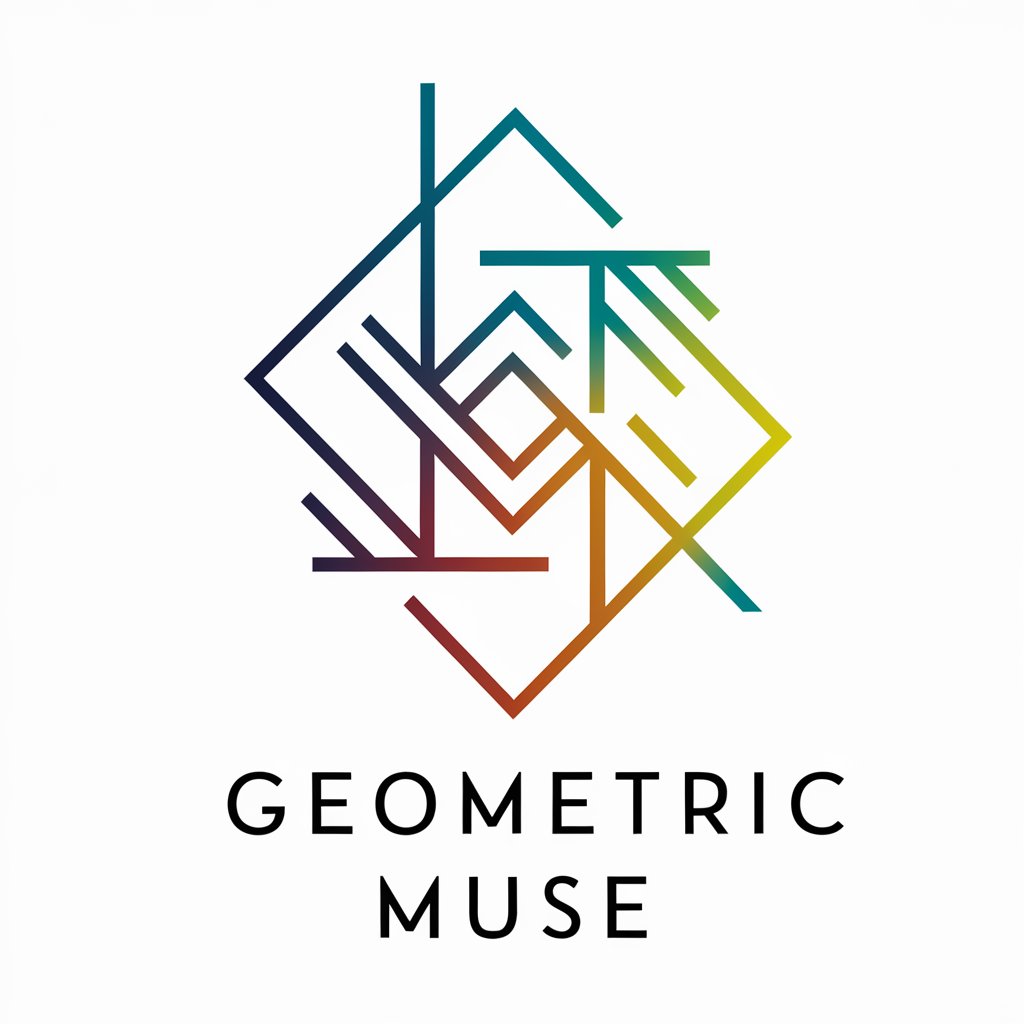
Nomadic Buying Guides
Empower Your Adventure with AI-Driven Insights

Earthly Eats
Empowering women over 40 with personalized nutrition and health wisdom.

Physicalist Interpreter NM
Decipher reality through physicalism.
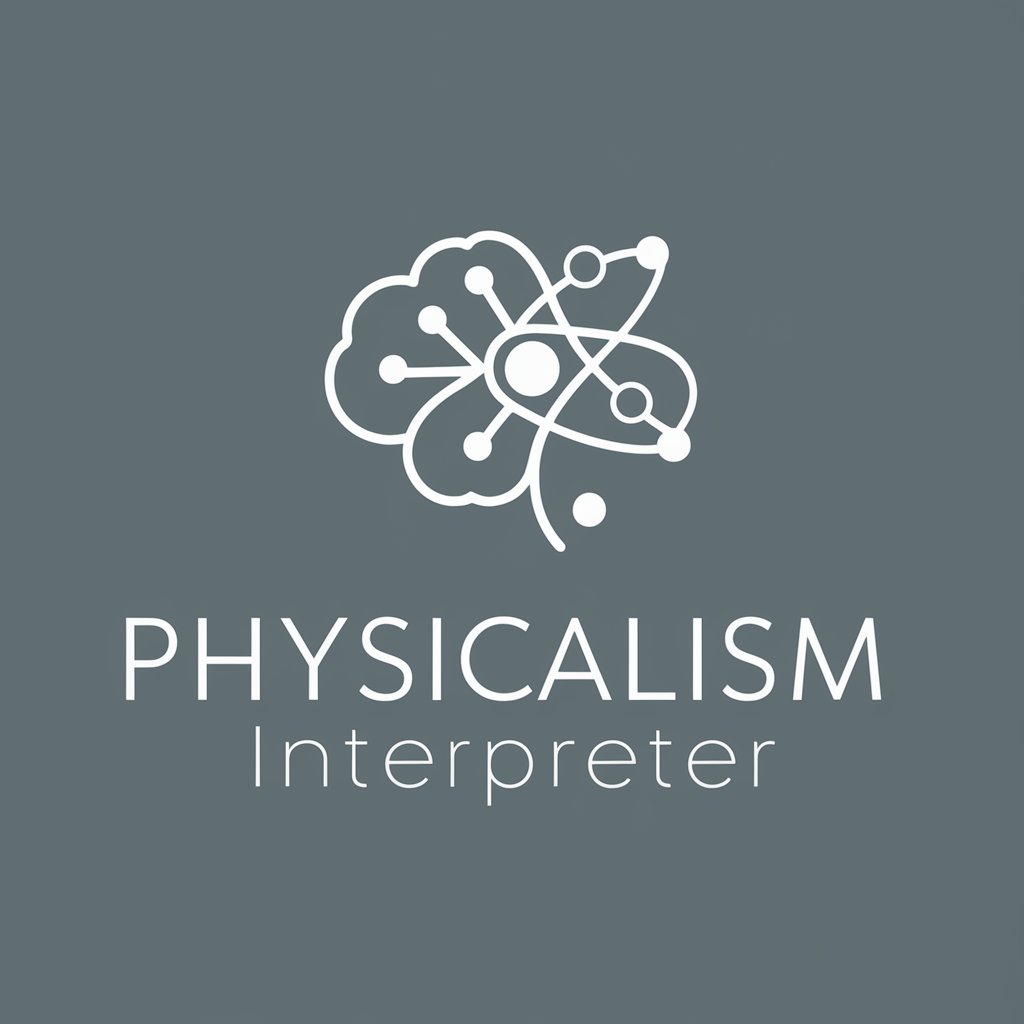
Sci-Fi RPG: Chronicles of Earthbound Mysteries
Embark on an AI-powered narrative odyssey.

Apology Assistant
Crafting sincere apologies with AI

Apology Email Writer
Craft sincere apologies effortlessly with AI.

Apology Coach
Craft Sincere Apologies with AI

Apology Assistant
Craft Sincere Apologies with AI

Detailed Q&A on Physicalism NM Hard Eliminative Information Theory
What is Physicalism NM Hard Eliminative Information Theory?
It's a theoretical framework that upholds a strict physicalist perspective, denying the existence of non-physical entities and viewing concepts such as consciousness and information solely as manifestations of physical processes.
How does this theory view consciousness?
Consciousness, under this theory, is not seen as a separate entity but as an emergent property of physical processes in the brain, challenging traditional dualistic views.
Can Physicalism NM Hard Eliminative Information Theory help in understanding free will?
Yes, it interprets free will as an illusion, suggesting that human behavior and decisions are the result of deterministic physical laws, offering a unique perspective on debates around human agency.
Is this theory applicable in academic research?
Absolutely. It provides a robust framework for exploring questions in philosophy of mind, cognitive science, and neuroscience, particularly in areas investigating the physical basis of mental states.
How does this theory approach the concept of information?
It argues that 'information' is not a separate entity but a construct that emerges from physical interactions and processes, challenging conventional views that treat information as abstract or non-physical.
